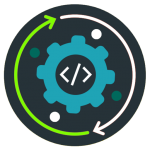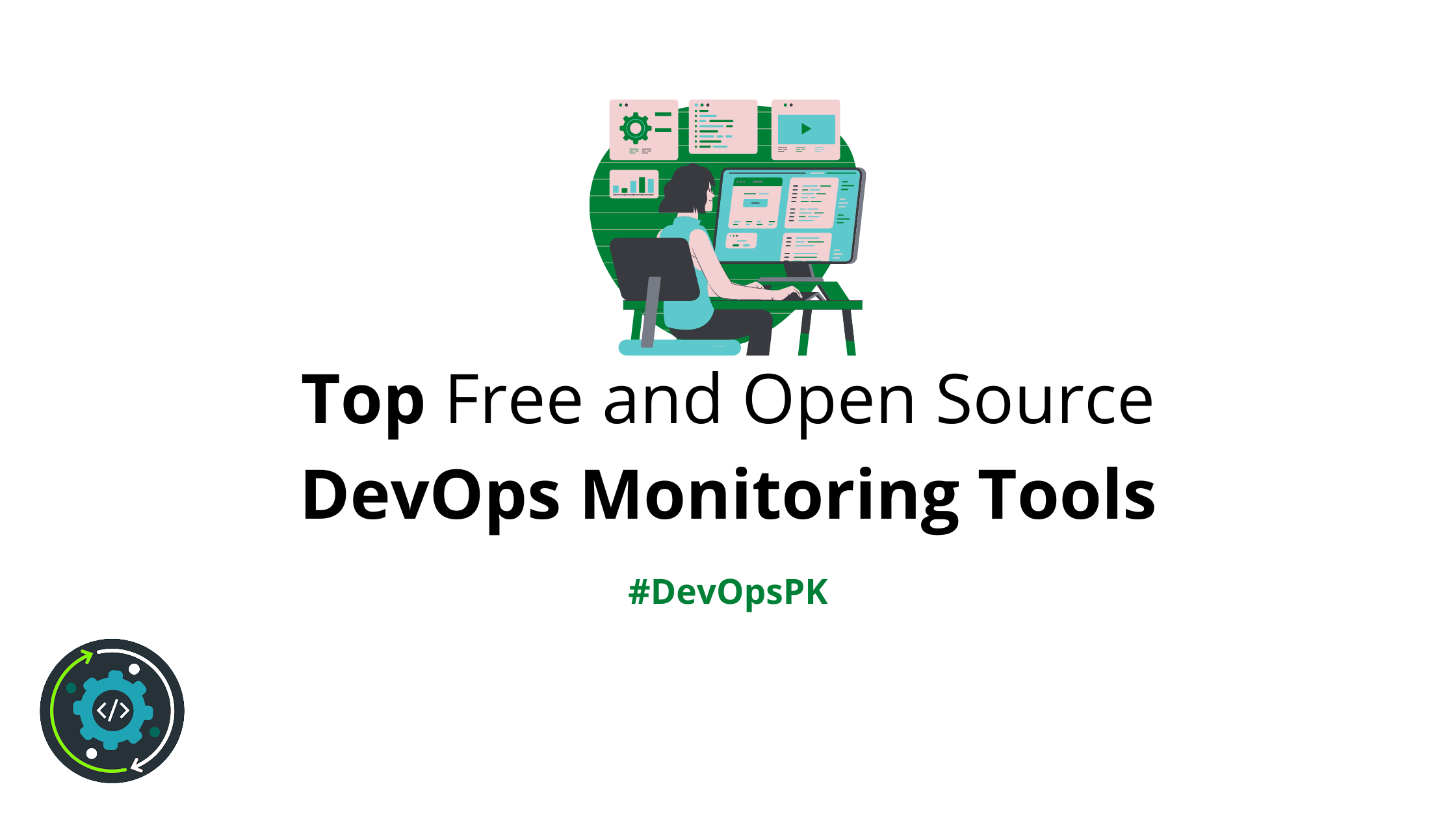DevOps makes developing applications faster, testing regularly, and releasing more frequently while improving quality and reducing costs. To achieve this goal, DevOps monitoring tools offer automation, scalable measurement, and transparency throughout the entire development lifecycle from planning, development, integration, testing, and deployment to operations.
This highly adapted and trending software development life cycle is faster than ever, with further developments and testing phases going in parallel. With frequent code changes happening in parallel, development teams require DevOps monitoring tools to provide a detailed and real-time view of the production environment.
Table of Contents
Top DevOps Monitoring Tools
Let’s discuss some top-of-the-line open-source monitoring tools.
Sensu
Sensu is a full-stack monitoring tool that allows you can monitor services, applications, servers, and reports on business KPIs. Its monitoring does not need a separate workflow, and it offers compatibility with all the renowned Operating Systems like Windows, Linux, etc.
Some of the notable advantages of using Sensu are as under:
Advantages
- It monitors servers’, services’ and applications’ health
- It also measures business KPIs
- Offers a facility to send alerts and notifications
- Provides a facility to register and de-register a Client dynamically
- Sensu shows high compatibility with Mission-critical applications and also with multi-tiered networks
- It is a perfect tool for automated testing
- It offers great commercial support despite being open-source software.
PagerDuty
PagerDuty is an operations performance platform introduced solely to enhance the reliability and capabilities of the operations teams, such as Alert monitoring, On-call Scheduling, Escalation regulations, and Incident monitoring to fix faults and errors in the apps.
With the help of timely notifications and alerts, the operations team can timely detect and eliminate the possibility of any negative event or incident from the Development phase to the Production.
Advantages
- It is quite simple and user-friendly.
- It offers a facility to auto-escalate in case of no response to the initial alerts or notifications. Provides ease of operation with GUI-based scheduling and escalation policy screens
Datical Deployment Monitoring Console
Datical Deployment Monitoring Console is the platform that allows you to automatically monitor the status of every database deployment across the facility. To curb the plausibility of any human error and keeping a record of all SQL queries execution are some notable tasks that you can streamline with the help of the Datical Deployment Monitoring Console. It also offers the simplification of database auditing as well as deployment monitoring.
Let’s discuss its advantages.
Advantages
- Datical Deployment Monitoring Console (DMC) is famous for making database auditing easier.
- It also minimizes the occurrence of errors
- Offers ease of access to deployment information
- It makes the release process simple and allows users to track, audit automatically, and resolve all the database-related deployment issues.
Prometheus
Prometheus is an open-source monitoring platform primarily used for data gathering and analysis based on time-series data. It allows users to set up monitoring capabilities by utilizing the integrated toolset.
It is one of the best monitoring platforms to use with containerized DevOps platforms like Kubernetes.
Advantages
- It can create several metrics on servers, Kubernetes, and different devices using SNMP pings.
- Inspect network bandwidth usage from the device point of view
- The PromQL system analyses data and allows the program to create plots, tables, and other graphics on its monitor’s machines.
- The alert manager is another function of Prometheus that handles notifications and alerts for all alerting rules configured in Prometheus.
- Compatible with tools like Grafana, which is one of the best open-source monitoring dashboards used for visualizing metrics
Nagios
Nagios is an open-source monitoring platform that offers many facilities like integrating third-party apps using an additional plugin. It can monitor various environments, including applications, websites, middlewares, web servers, etc.
Advantages
- Nagios is highly scalable
- Perfect for performing quick checks
- Easy to configure from both client and server sides
- Due to its compatibility with additional plugins or extensions, it serves as an all in one solution
Conclusion
There are various monitoring tools for servers, network, cloud infrastructure, containers, databases, security, execution, site and web use, and applications. Choosing an appropriate monitoring solution is not as easy as it seems.
IT experts like DevOps Engineers need to ponder various factors before opting for open-source DevOps monitoring tools for their projects, such as compatibility, facility, scalability, ease of use, and budget.


Leave a Reply